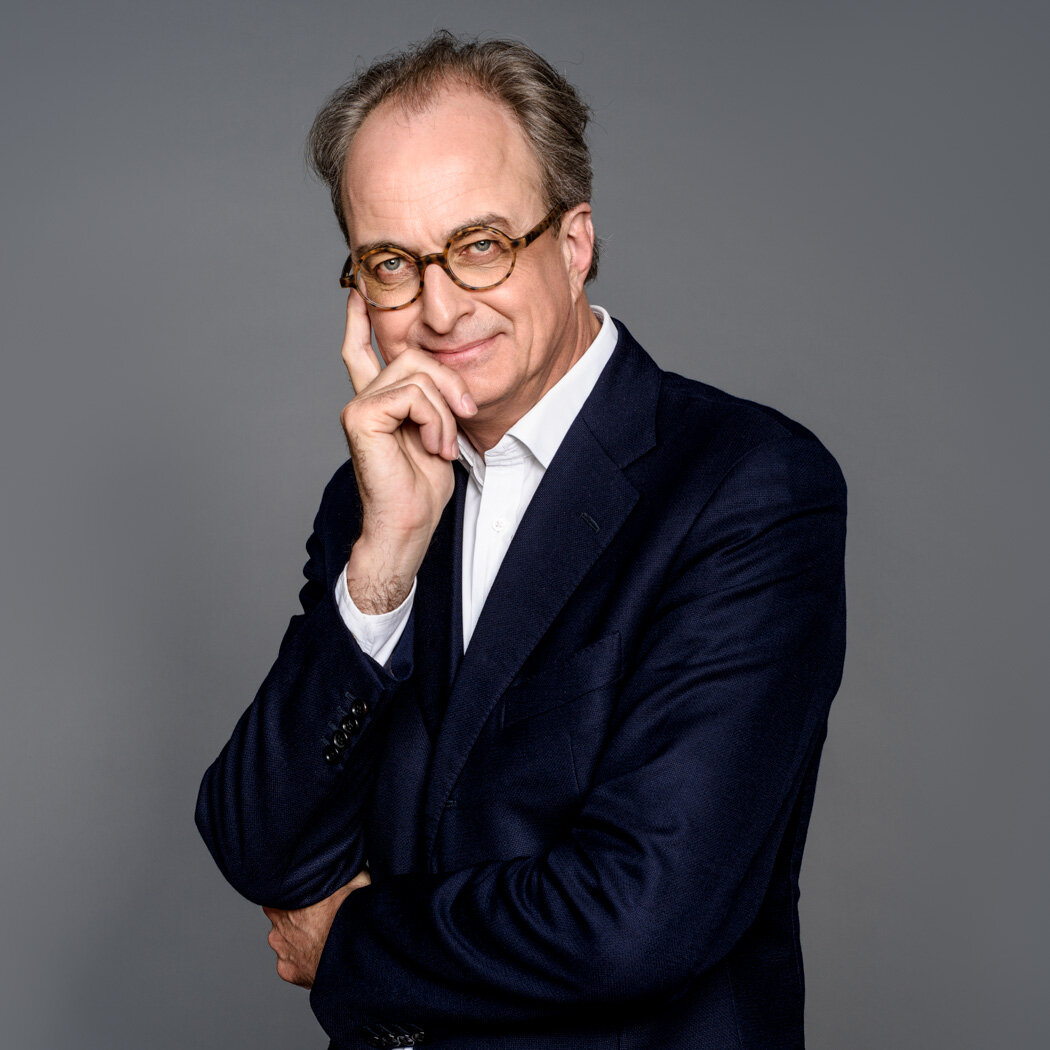 Phillipe de Speolberch and Sister
Phillipe de Speolberch and Sister
Historical Roots: Brewing Dynasties
The De Spoelberch Family
The De Spoelberch family’s brewing lineage can be traced back to the 14th century in Belgium, a country renowned for its beer culture. They rose to prominence in the 19th century as part of the Artois brewery, one of the predecessors of AB InBev. The family’s astute business strategies and commitment to quality made their beer brands household names across Europe.
The De Mévius Family
The De Mévius family also has deep roots in the brewing industry, with their involvement dating back several centuries. They were instrumental in the establishment of Piedboeuf Brewery, another key precursor to AB InBev. Known for their aristocratic background, the De Mévius family seamlessly blended traditional brewing with innovative practices, ensuring the longevity of their enterprise.
The Van Damme Family
The Van Damme family’s rise to brewing prominence is a relatively recent chapter compared to the other two families. They became significant players during the late 20th century, spearheading major mergers and acquisitions that transformed the Belgian brewing industry. Their business acumen played a pivotal role in the consolidation efforts that ultimately led to the formation of AB InBev.
The Formation of Anheuser-Busch InBev
The modern-day AB InBev was born from a series of strategic mergers and acquisitions, the most notable being the 2008 merger between InBev and the American brewing giant Anheuser-Busch. Prior to this, InBev itself was formed in 2004 through the merger of Interbrew (a Belgian company) and Ambev (a Brazilian company).
The Van Damme, De Spoelberch, and De Mévius families were instrumental in these deals, leveraging their stakes in Interbrew to become major shareholders in the newly formed entity. This marked a turning point, as AB InBev began its ascent to global dominance, acquiring SABMiller in 2016 to solidify its position as the largest brewer in the world.

Present-Day Influence
Family Representation
Today, the three families maintain significant influence over AB InBev through their collective ownership of Stichting Anheuser-Busch InBev, a private foundation that holds approximately 35% of the company’s shares. This structure ensures that the families retain control over strategic decisions while also fostering long-term stability.
Prominent family members, such as Alexandre Van Damme, frequently serve on AB InBev’s board of directors. Alexandre, in particular, is renowned for his low-profile approach to wealth management and his key role in steering the company’s global strategy.
Diversification Beyond Brewing
While their primary wealth stems from AB InBev, the families have diversified into other sectors:
- Real Estate: The families own sprawling estates in Belgium and abroad, as well as investments in commercial properties.
- Philanthropy: The families are notable patrons of the arts and education, funding initiatives through various charitable foundations.
- Private Equity: They have stakes in numerous ventures, ranging from technology startups to established industrial firms.
Legacy and Future Outlook
The Van Damme, De Spoelberch, and De Mévius families exemplify the enduring power of legacy wealth. By maintaining a balance between tradition and innovation, they have not only preserved their brewing heritage but also adapted to the demands of a rapidly evolving global market.
As AB InBev faces challenges such as shifting consumer preferences and increased competition from craft breweries, the families’ stewardship will be crucial in navigating the company’s future. With their history of resilience and strategic foresight, the Van Damme, De Spoelberch, and De Mévius families are well-positioned to ensure that AB InBev remains a dominant force in the brewing industry for generations to come.


